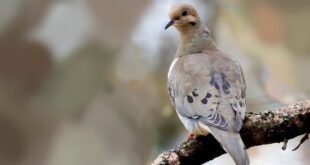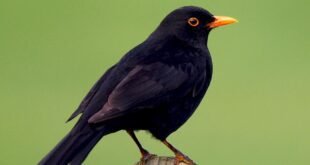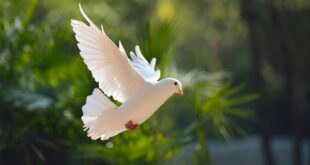Every birder is aware that every bird species is unique and has its routine for feeding, sleeping, and being busy. Many birds are active only in the evening, and some are active in the morning and afternoon.
But you may be a newbie as well! No matter your experience, here are some tips and information to help you plan a nighttime birdwatching walking trip.
Before you go, plan where you will be going
What do you want to go, birdwatching – to have biology homework help materials, take photos, and see birds? It may not matter where to go if you’d like just to see birds.
If you want to see specific ones, you need to go to places where they are resting or eating. Is it a forest or lake, maybe they can be found in the nearest bushes?
Before you pack your gear and head out for a night of birding, it’s important to plan where you are going and get familiar with the area. You will be able to navigate the area without getting lost.
If your backyard is not in the city’s center, it may be possible to go night-birding there. You can try a hike or visit a park if you don’t have permission to be there at night. A lake or other body of water is another great spot for night birding.
Make sure you have the right equipment
You will need the same equipment for night birding as you do during the day. A flashlight is the most important piece of equipment that you should have.
It is essential to have a flashlight. This will help you see your way and avoid getting lost. You should equip your flashlight with a red lens to make it less intimidating for birds.
You will need binoculars for any birdwatching trip. High-powered night vision binoculars are a good option, as it is difficult to see far distances at night.
You won’t be disturbing the birds and will get a better view of them. You should also wear the appropriate clothes if you go birding at night. You should wear the same clothes you would wear for hiking, like pants and a long-sleeve shirt.
How to spot birds
Different methods depend on the type of bird that you are trying to spot at night. It is best to stay put for most nocturnal birds and let them fly around you.
You may need to listen out for the call of the Great Horned Owl and then carefully search for it.
Types of birds that you might see
Depending on where you are located, there may be many birds you see at night. The Great Horned Owl is the most common nocturnal bird, with many other species. The Black-crowned Night Heron is another popular night bird that forages insects, fish, and frogs at dusk.
 Access Birds Let’s Make The World A Happier, Healthier Place For Birds.
Access Birds Let’s Make The World A Happier, Healthier Place For Birds.




